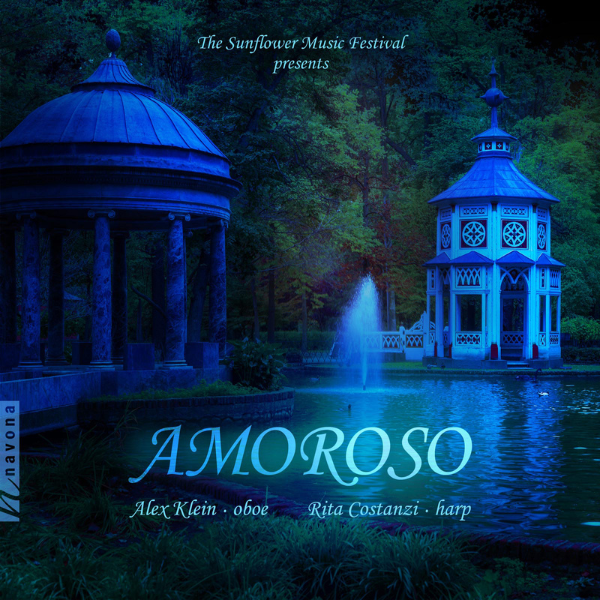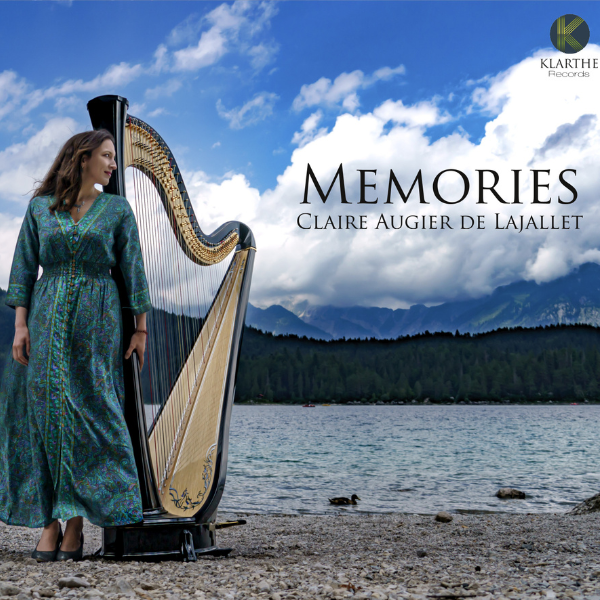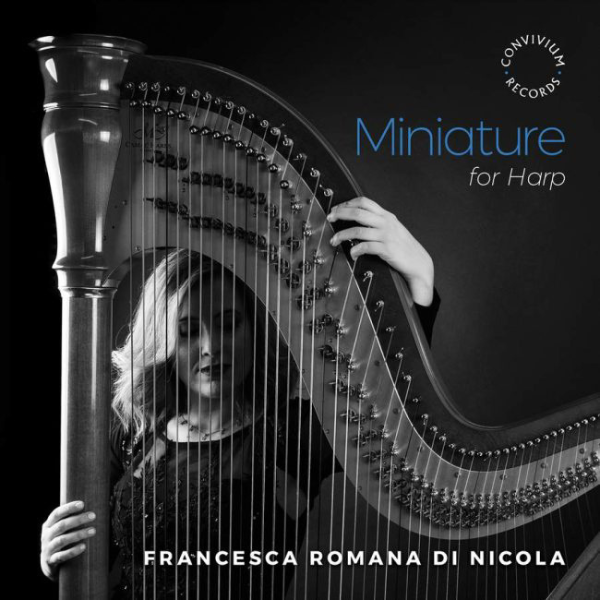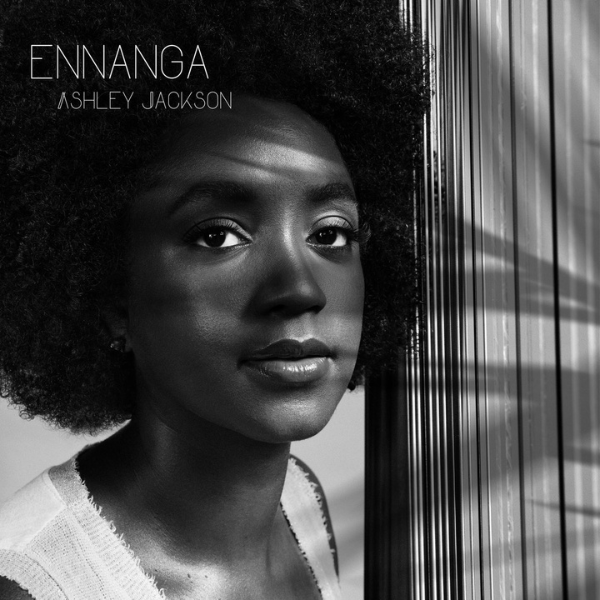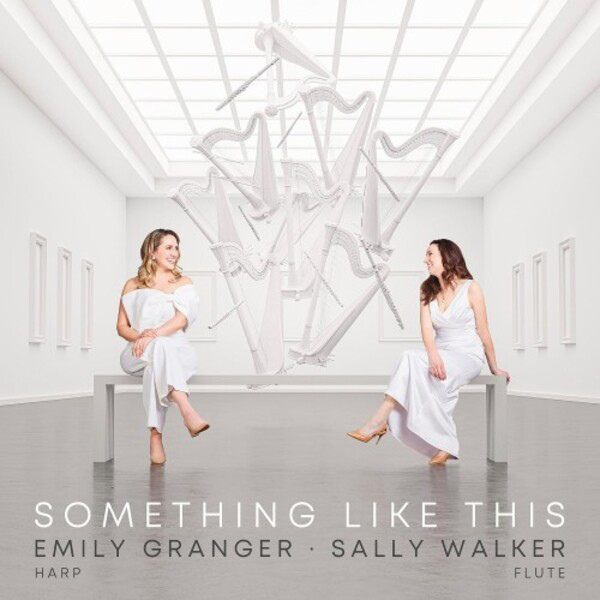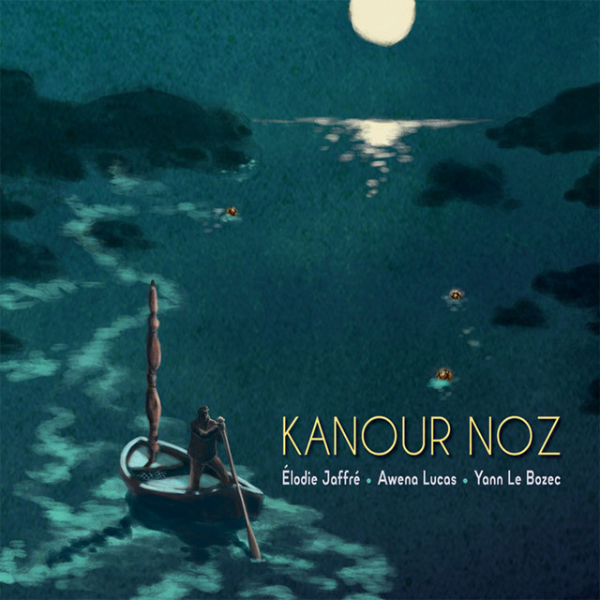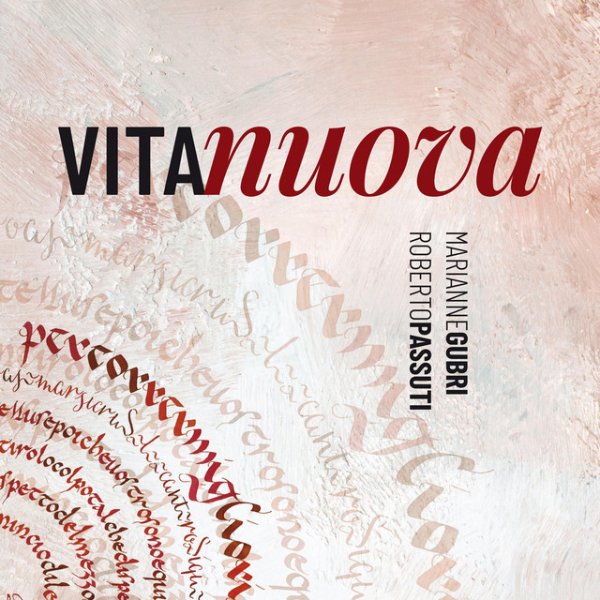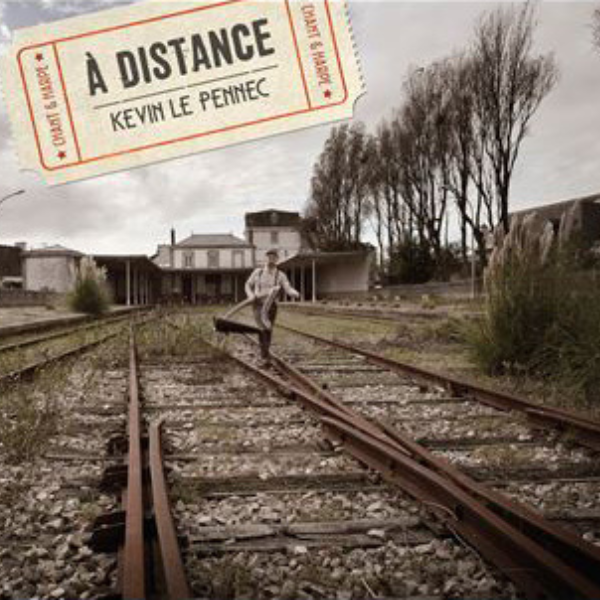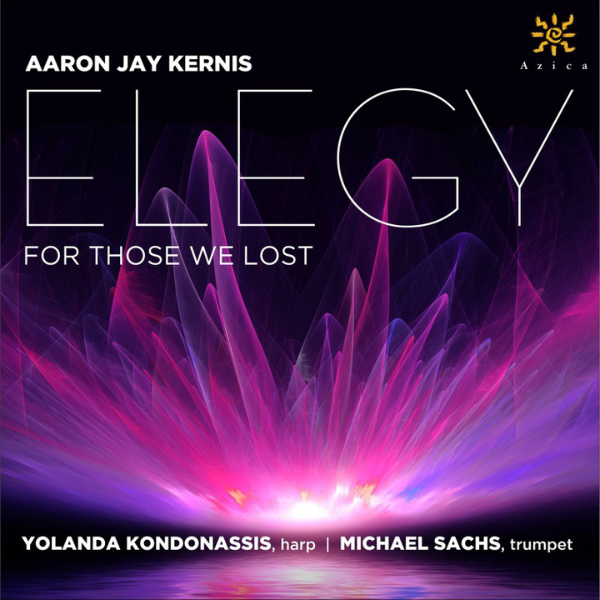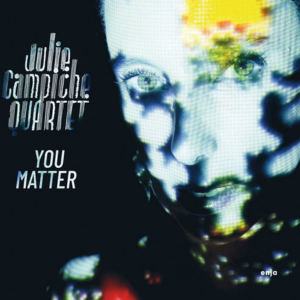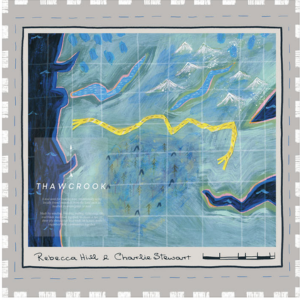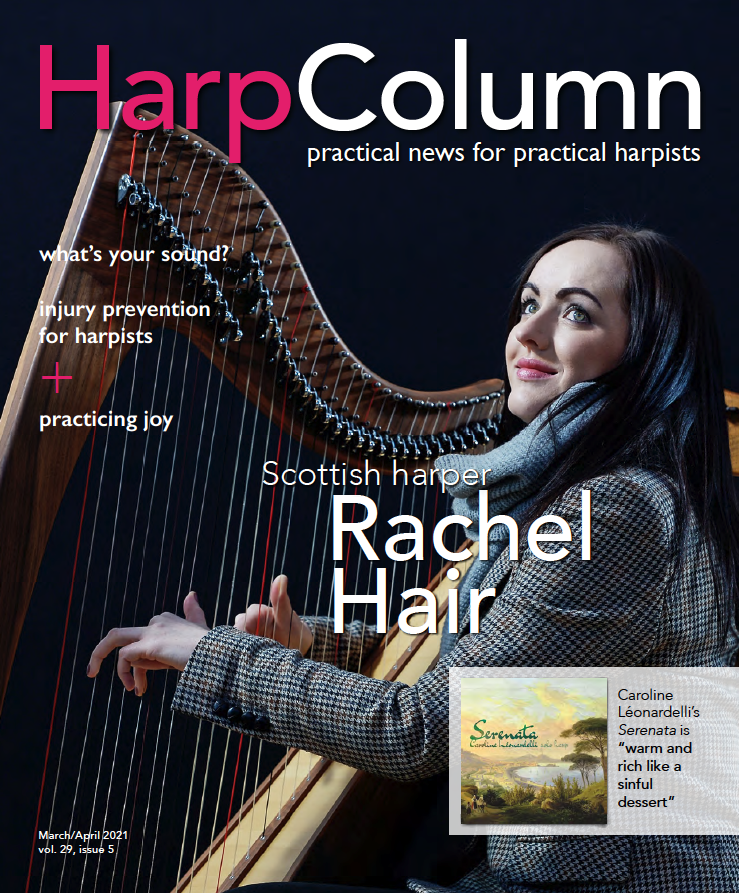
9/10
Caroline Léonardelli, harp.
CEN Classics, 2020.
The musical term “serenade” comes from the Latin serenus, the same derivative that brings us the word serene. So it is with this light and placid feeling a performer ought to approach this particular genre of music, one meant to be played in the out-of-doors, typically at night, and by a lover. From the very first notes, warm and rich like a sinful dessert, Caroline Léonardelli utterly inhabits the serenade, as if singing rather than playing below an ivy-covered balcony.
A French artist of Italian descent, Léonardelli tells us she always had a “burning desire” to record Italian music but was not exposed to it much except as a listener. It would take her some study to uncover pieces from a period stretching from the late 19th into the early 20th century, when the modern harp was becoming popular at the conservatories in Milan and Naples.
Her research unearthed two harpist composers unknown to her, and to many of us, Luigi Tedeschi and Giovanni Caramiello. Léonardelli presents three compositions by the self-taught Tedeschi. The most complex is the Suite in F Minor, a glimpse into the full palette of Italy’s sound world at the the turn of the century. Léonardelli’s legato would be the envy of any singer, and her ability to suck us into the shadowy chiaroscuro atmosphere is wondrous. Equally impressive is the quietude surrounding her, as if a mantle, even as the music bounces along, clearly requiring concentration and impeccable craft.
Caramiello’s Rimembranza di Napoli and Le serenate del Vesuvio are examples of his use of popular music to create study pieces. Léonardelli’s sumptuous and polished playing sets these utilitarian works apart as worthy concert pieces. The title track is by Alessandro Longo, a professor and conservatory director best remembered for compiling a catalog of Scarlatti’s piano works. In his waltz, Léonardelli lingers ever so much on the arpeggiated second beat, adding a lift and airiness that defines the entire disc.
Naturally, Donizetti makes an appearance (twice) with virtuosic fantasies on well-known arias. German harpist Albert Zabel’s Lucia di Lammermoor allows the performer to show off every bit of her artistry and Léonardelli obliges in style. John Thomas captures the woe of “Una furtiva lagrima” from The Elixir of Love, perhaps the only moment of repose in this opera buffa. Again, Léonardelli leaves nothing on the table, indulging every emotion.
The most contemporary composer in the collection is Virgilio Mortari, who died in 1993. The two short pieces—a sarabande and toccata—are from different suites, but pair together exquisitely. Léonardelli captures the solemnity and contemplative with aplomb before launching into a puckish romp of catch-me-if-you-can.





